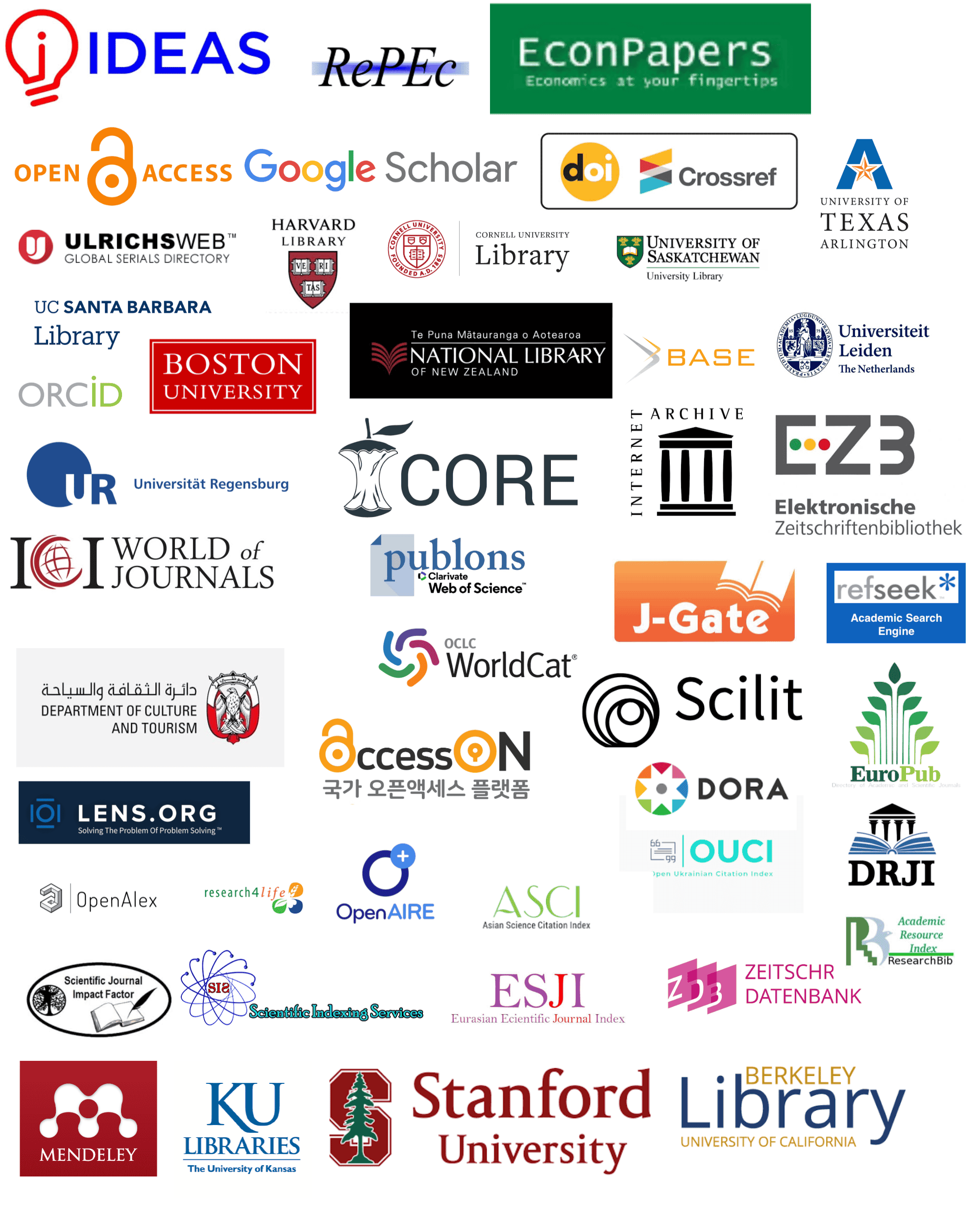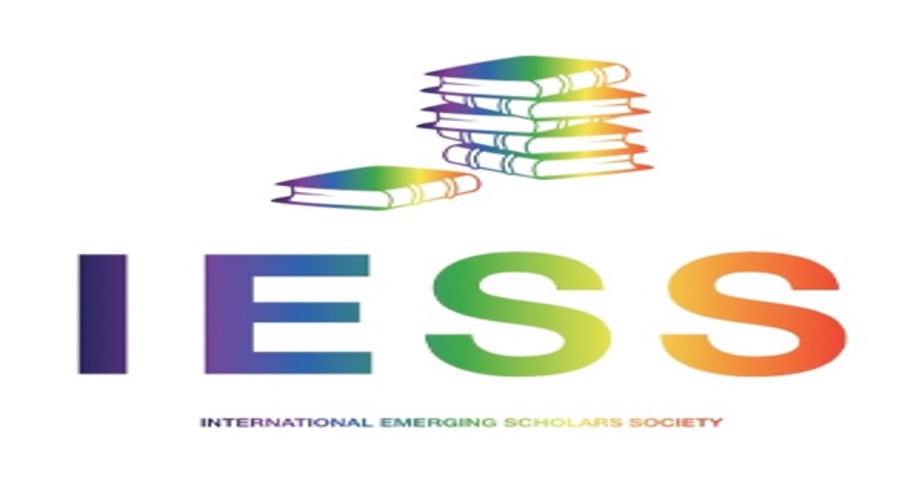A bibliometric analysis of work-life balance policies on employee performance
DOI:
https://doi.org/10.56879/ijbm.v4i1.77Keywords:
Bibliometric analysis, employee, literature review, performance, Scopus, work-life balance.Abstract
Work-Life Balance (WLB) Policies aim to balance employees' work and family life is a growing concern in developing nations compared to developed economies. This paper aims to provide a clear view of current dynamics and research diversification of literature in the field of work-life balance (WBL) policies on employee performance by using bibliometric analysis. Scopus database has been used for carrying out the bibliometric analysis based on 100 research papers published from 2000 to 2023 to see the trends of publications. The prominence of research is evaluated by publication trend, publisher, country, universities/research institution, frequency of citation and different keywords related to work-life balance, policies, and employee performance. The number of publications continues to increase after the year 2008. The region of reviewed papers is Nigeria, Kenya, the USA, the Philippines, India, Spain, South Africa, Romania, Jordan, Australia, Netherlands, Sweden, Sri Lanka, Bangladesh, Canada, Pakistan, and Malaysia. The United States, Spain and Nigeria have the highest rate of research publications, and the USA, Kenya, Nigeria Spain Netherlands Sweden, Bangladesh, and Romania countries focused on variables work-life balance policies, flexible working arrangements, workplace support, employee performance, employee satisfaction, retention, and organizational performance. The most common term used in the research is work-life balance policies. The novelty of this research paper is on the subject of WLB policies on employee performance using varied bibliographic approaches. Future studies avenues and recommendations and the study's limitations were also examined.
Downloads
Published
Issue
Section
License
Copyright (c) 2025 Shaista Noor, Bushra Qureshi, Filzah Md Isa (Author)

This work is licensed under a Creative Commons Attribution 4.0 International License.


